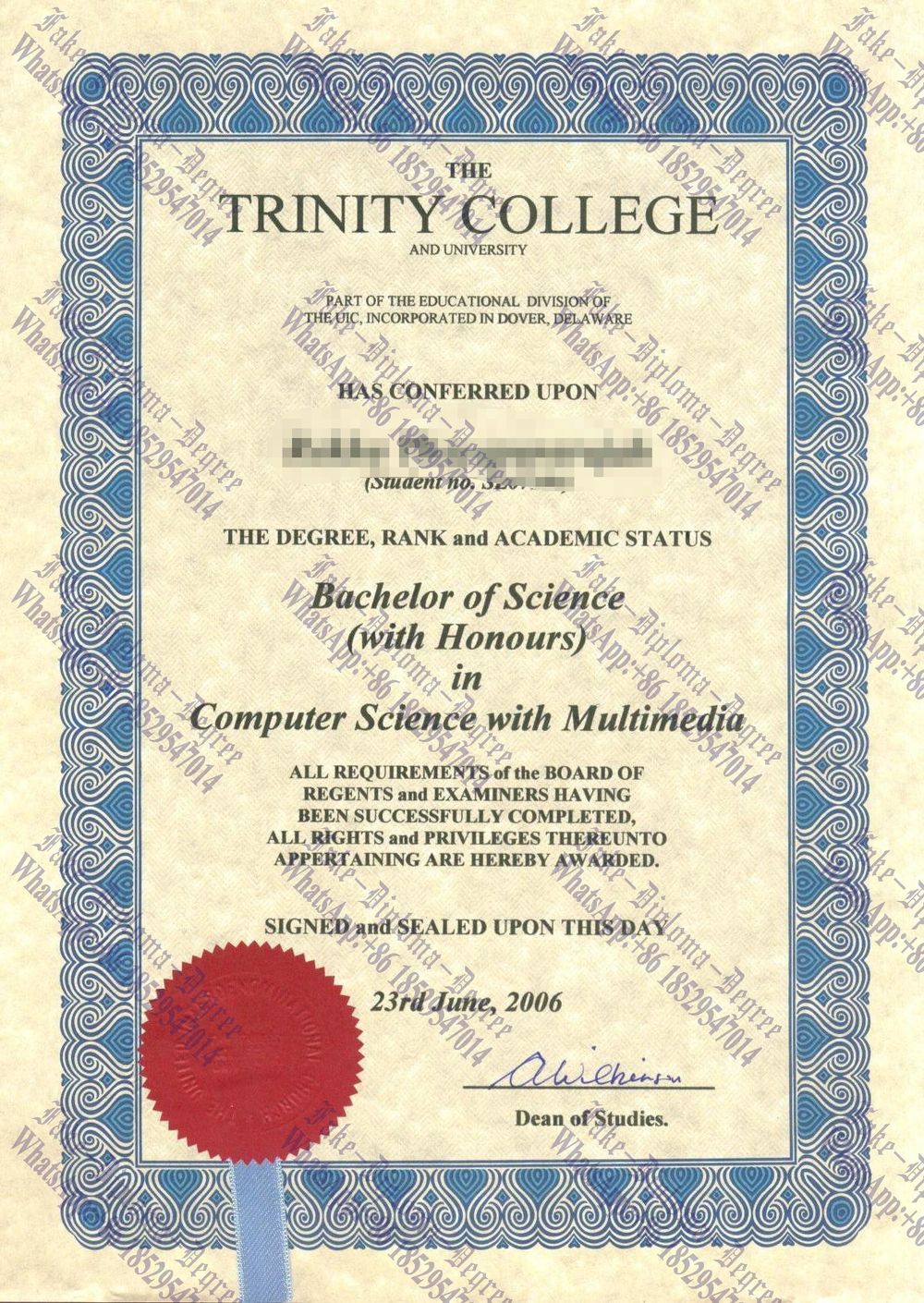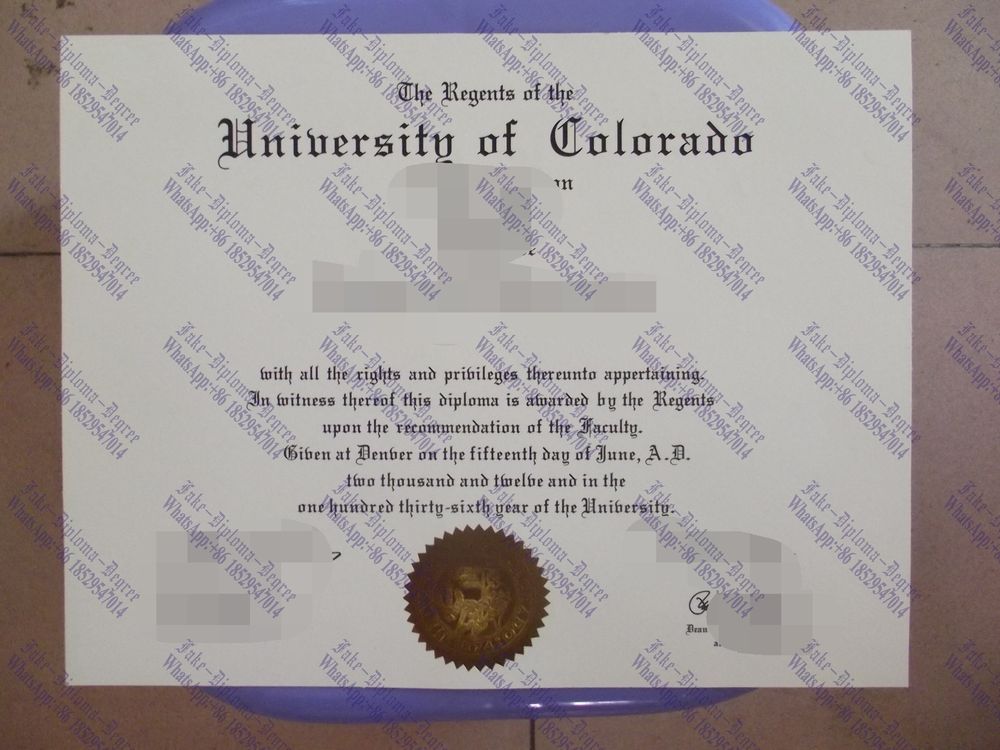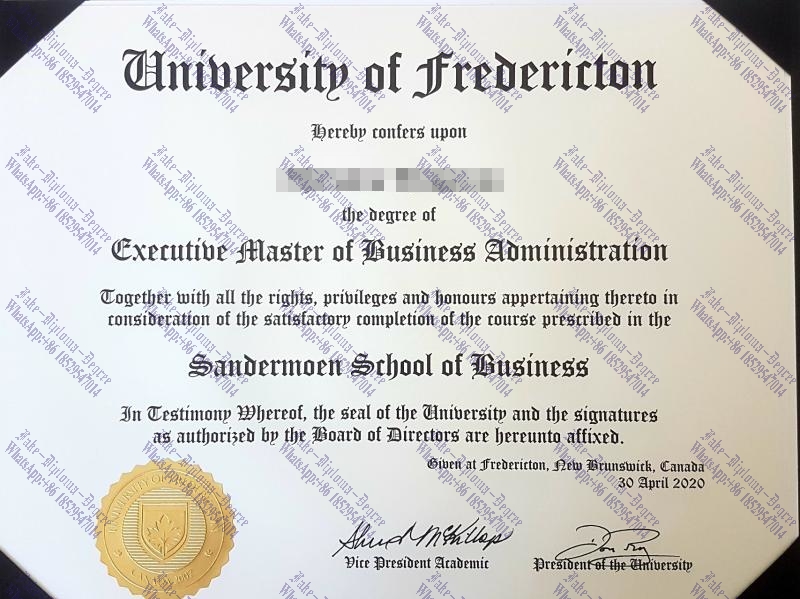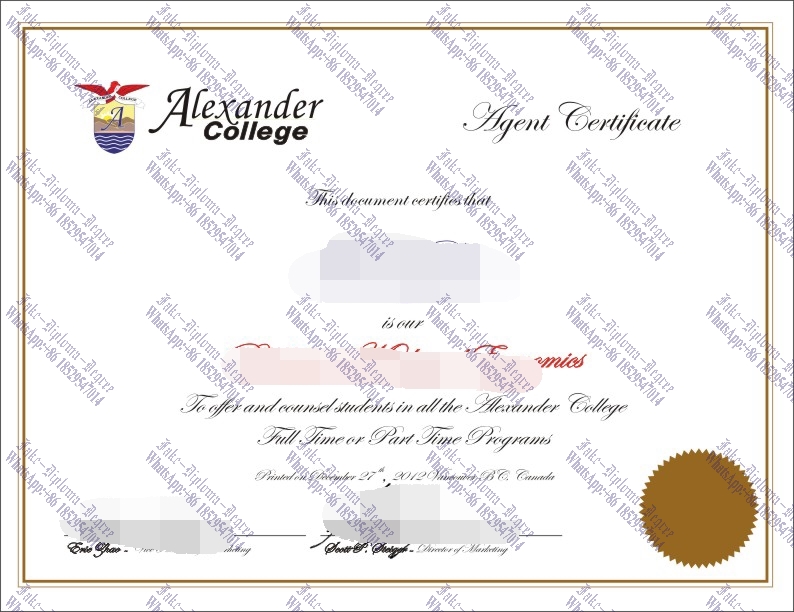Is it possible to buy fake Alexander College Degree?
In today's competitive job market, education plays a significant role in determining one's career prospects. Many individuals are constantly seeking ways to enhance their qualifications and stand out from the crowd. This has led to a growing demand for fake degrees, including those from reputed institutions like Alexander College.
The Temptation and Risks
Buying a fake degree may seem like a quick and easy solution to secure better job opportunities or gain recognition. However, it is essential to recognize the risks and ethical implications associated with such actions. Firstly, it is important to note that presenting a fake degree is illegal in many jurisdictions and can lead to severe legal consequences. Moreover, if an employer discovers that an employee has obtained their qualifications fraudulently, it can result in immediate termination and damage to one's professional reputation.
Feasibility of Purchasing Fake Degrees
While the internet is saturated with websites offering fake degrees, it is crucial to understand the feasibility of such purchases. Many counterfeit degree providers claim to offer authentic-looking certificates at affordable prices, promising undetectable results. However, it is important to exercise caution and skepticism towards these claims.
Alexander College, like most reputable educational institutions, takes extensive measures to protect the integrity of their degrees. They have security features embedded within their certificates, making it difficult to replicate them convincingly. Furthermore, the college maintains a record of issued degrees, which allows employers to verify the authenticity of their applicants' qualifications.
The Consequences
As mentioned earlier, the consequences of presenting a fake degree can be severe. Apart from potential legal actions and termination from employment, individuals may face damage to their reputation and future employability. In today's interconnected world, where information spreads rapidly, it is increasingly difficult to hide one's transgressions.
Employers are becoming more vigilant in verifying the qualifications of their potential employees. Professional background checks and verification processes have become routine practices. Therefore, attempting to buy a fake degree may not only be futile but can also have long-term detrimental effects on one's career.
Frequently Asked Questions
1. Can I use a fake Alexander College degree without getting caught?
No, it is highly likely that you will get caught if you present a fake degree from Alexander College or any other reputable institution. Educational institutions and employers have sophisticated processes in place to verify qualifications, including cross-checking with issuing institutions.
2. Are there any legitimate alternatives to buying a fake degree?
Yes, there are various legitimate options available to enhance your qualifications. You can consider enrolling in short-term courses, obtaining certifications, or pursuing higher education through recognized institutions. These methods will provide you with genuine qualifications that will be valuable to your career.
3. What are the ethical implications of buying a fake degree?
Buying a fake degree is not only illegal but also unethical. It undermines the value of genuine education and diminishes the efforts of individuals who have earned their qualifications through hard work and dedication. It is essential to prioritize integrity and honesty in your educational and professional endeavors.
4. How can I verify the authenticity of a degree?
Verifying the authenticity of a degree is typically done through official channels. Employers may reach out to the educational institution directly to confirm the qualifications of an applicant. Additionally, some institutions provide online verification systems where employers can validate the credentials of individuals.
5. What are the consequences of getting caught with a fake degree?
The consequences of getting caught with a fake degree can vary depending on the jurisdiction and the policies of the employer or educational institution. In many cases, it can result in immediate termination, legal actions, and damage to one's professional reputation.











